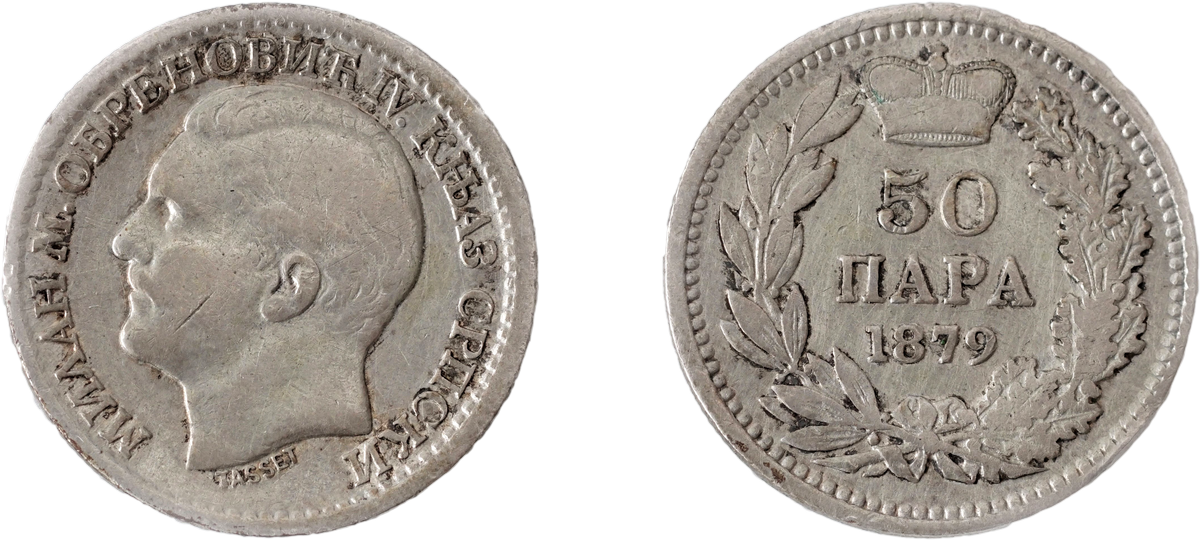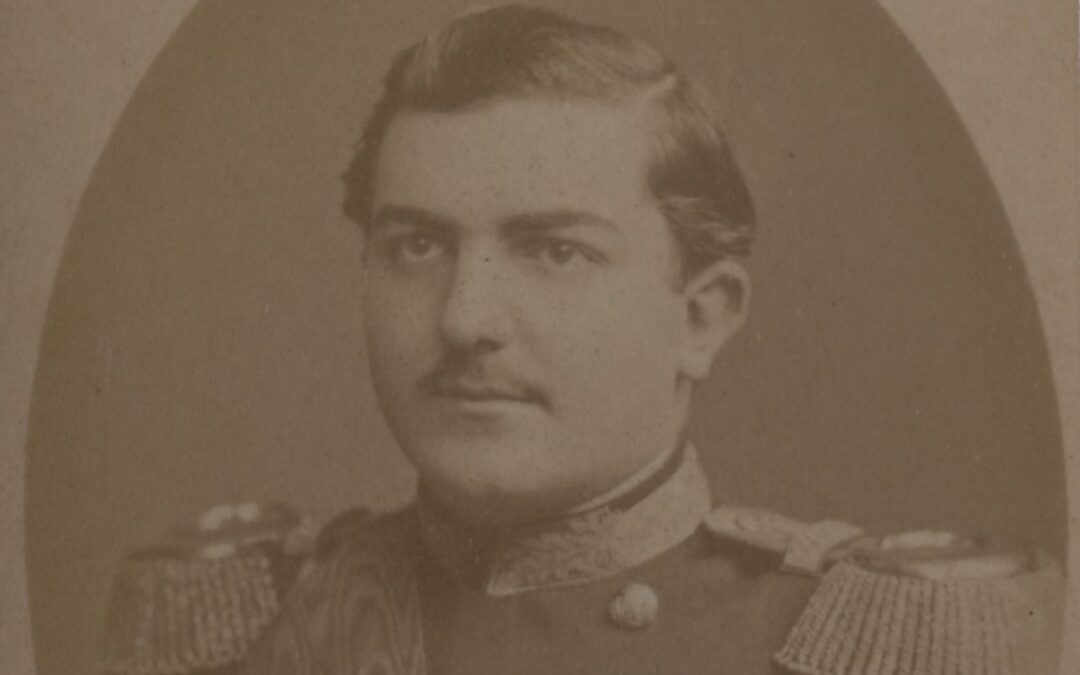During the childhood of Milan Obrenović, the Principality of Serbia was ruled by the Regency with a firm hand. The main levers of power they relied on at the time were the influence of Milivoj Petrović Blaznavac in the army, Jovan Ristić among the bureaucracy, the heavy grip of the ubiquitous police of Radivoje Milojković, the interior minister, an agreement with a liberal political current and the loyal and pressured Great, ie the ordinary National Assembly. Reforms were carried out in the system of Prince Mihailo, who was in crisis in the last years of his life, with the adoption of the “Trinity Constitution” or the “Constitution of 1869” and a series of organic laws. The Regency’s Constitution, adopted not completely legally during the childhood of Milan Obrenović, represented the legal framework in which the prince and later the king moved during almost his entire reign.
The main feature of the “Trinity Constitution” was that it did not introduce a parliamentary regime, because the legislative power was shared by the prince, who was the only one who had the right of legislative initiative, with the National Assembly. According to the “Regency’s Constitution”, ministers could not be parliament members, freedom of speech and association was not guaranteed, and freedom of the press was given only in principle. Judicial independence was recognized, but not the immobility of judges. Despite all the above, the “Constitution of 1869” was a step forward in the development of parliamentarism in the Principality, and it meant a great foreign policy victory, as it was not declared the hatisherif of the Ottoman Empire, but adopted by popular will.
The Regency consistently determined the positions of the Obrenović dynasty, and not only because of the prosecution and punishment of all those who were believed to have taken part in the assassination of Prince Mihailo. The “Regency’s Constitution” established the right of the ruling dynasty to inherit the prince’s dignity, that is, if Prince Milan died without an heir, one of Miloš’s female descendants would come to the throne if the Assembly chose. It seemed that the future of the dynasty, which hung in the balance, since it was reduced to only one male, a minor member, was secured. And how did the young prince grow up and develop in Serbia?

Upon his arrival in Serbia, Milan Obrenović had to continue his education and received exceptional subject teachers, the best scientists that the Principality had at that time. During the four years of his childhood, the prince was supposed to receive a complete high school education, and it also meant knowing the basics of legal and military education. Francois Hiet continued to take care of Milan’s upbringing, when Slobodan Jovanović called him the only person whom the prince respected during his life and whom he feared. However, the following year, 1869, Hiet died. The lord from Dubrovnik, Medo Pucić, takes care of the upbringing of the underage prince. As a former chamberlain of the Duke of Luka, Pucić was skilled in court order, then he was a poet, classically educated, who knew Slavic languages and literature and, in the end, deserved the respect of the Austrian, Russian and French governments. It seemed to be the ideal choice for the prince’s educator. However, the truth was different. Pucić considered his position a sinecure and slept in an armchair all day. As he was limp and frail, he did not represent authority to the young prince. Even the basics of court upbringing were neglected, which became apparent in 1871 during a visit to Russian Tsar Alexander II in Livadia, when it was shown at a ball that Milan did not know how to dance. According to Slobodan Jovanović, Jovan Ristić considered Pucić a “complete zero” as an educator.
Milan Obrenović was left to himself in terms of his moral upbringing. Surrounded by ordinances and lackeys, without a valiant educator and without the support of his mother, who visited him only once, the young prince lived more or less as he wanted. He has been hunting since the age of fourteen, at the age of sixteen he began to smoke at the advice of one of his ministers, and in his free time he usually played. He showed no interest in reading anything other than the required literature except newspapers. True, he performed his school obligations diligently, he came to classes without delay, and he did his homework properly.
The basic personality traits of Milan Obrenović began to show. The prince’s early clarity, extraordinary power of observation, quick-wittedness and ingenuity could easily be noticed. Although the minor Milan noticed many more things and refined the concepts than his surroundings imagined. He had his own political likes and dislikes, as well as plans. There were other, not so good sides of the prince’s character: his cutup disposition and the opinion that he could do with people as he wished, that he could play tricks and belittle them. The trait that Hiet tried to prevent and partially suppressed, and that is the prince’s nervous fear, came to the fore. Milan never lost sight of the fact that his predecessor, Prince Mihailo, was killed and there was always present frightfulness. Two unusual events from 1871, the “Terazije bomb”, when in May, while the prince was in the theater, an explosion erupted on Terazije, as a kind of warning and, in October, “Smederevo furniture”, when, while the prince was in the hotel toilet, the same collapsed, which further intimidated the cautious, young prince.
Immediately before his coming of age, according to Slobodan Jovanović, Milan was a well-developed young man, but too obese, while his facial features were correct, and his eyes were beautiful and extraordinarily alive.
On the prince’s birthday August 10th / 22nd, 1872, Milan Obrenović took over, after reaching the age of majority, power from the Regency. On that occasion, a ceremony was organized in front of the Captain Miša’s building in Belgrade, which was increased by the presence of numerous foreign and domestic dignitaries and prominent personalities. A special impression on the audience was left by the reduced copy of the Triumphal Arch, placed towards Kalemegdan, through which the court carriages and the guards on horseback passed. The reign of Prince Milan M. Obrenovića IV officially started.
Darko Gučanin
historian, archivist
Director of the National Museum Kraljevo
